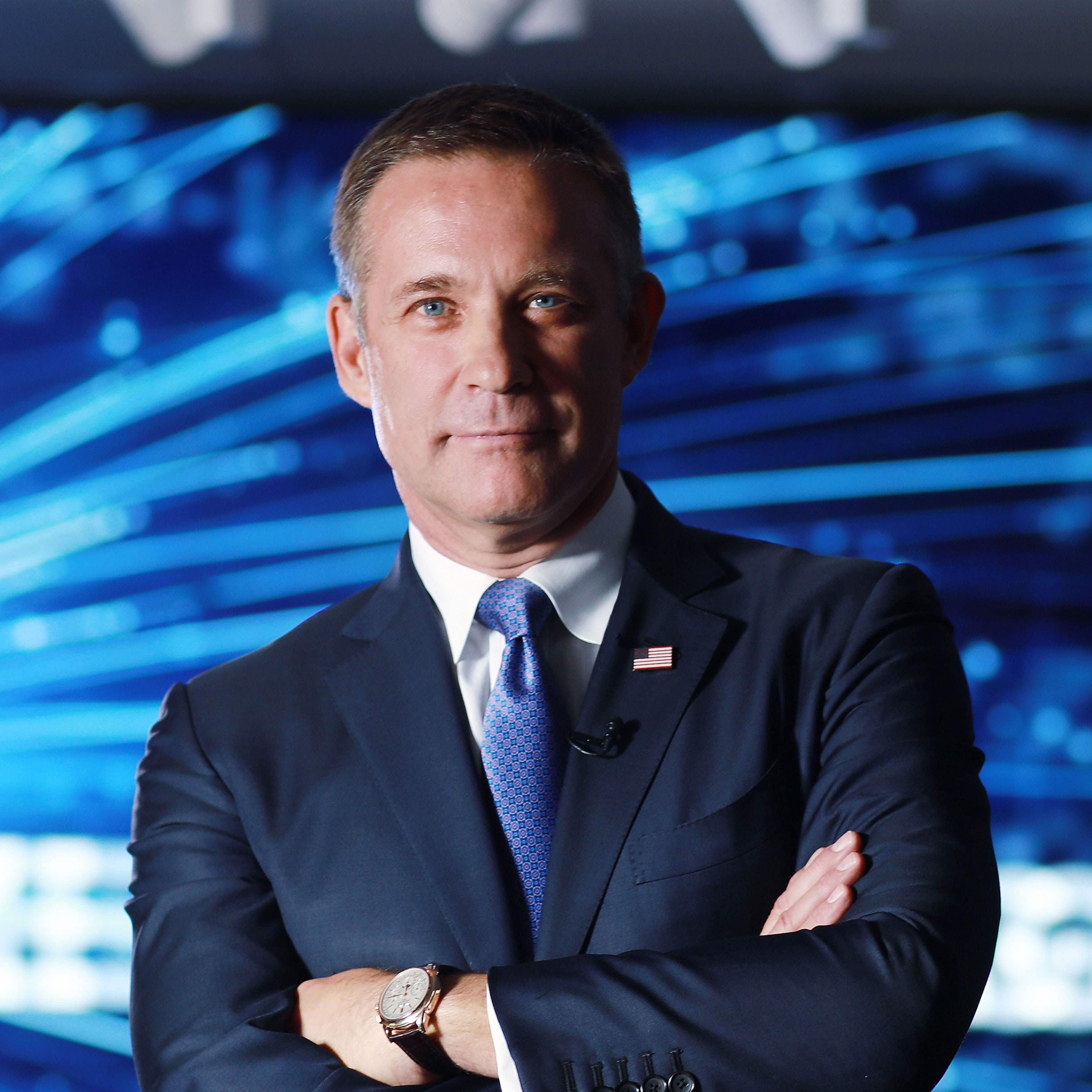Executives

MARK MATSON
Mark Matson is an American entrepreneur, author, and innovator in the fields of investing science and financial education. He is the creator of educational experiences, platforms, and tools that make Nobel Prize-winning investing research accessible to investors and can transform their relationship to money. Most notably, he is the creator of The American Dream Experience and the Matson Method.
In 1991, Matson founded Matrix Asset Allocation, which later became Matson Money, with little capital. His company was one of the first Registered Investment Advisors to reject a commissions-based model, which Matson viewed as structurally incompatible with investors’ interests. In addition, Matson determined to provide investments based exclusively on a structured investing philosophy informed by the Nobel Prize winning scholarship of Eugene Fama, Harry Markowitz, Merton Miller, and William Sharpe. Although they were considered so unorthodox at the time that Matson received severe criticism and pushback from many associates, such practices have increasingly been adopted by the investing industry in subsequent years and up to the present day. Since its inception, Matson Money has experienced significant growth, from $0 to over $11 billion in assets under management.
Early Life
Born in 1963 in Charleston, West Virginia to young parents Joe and Mary Lou—both children of the “hollers” where the expression “dirt poor” was a reality—Matson was no stranger to financial strain as a youth. On recommendation from the pastor that married his parents, his father started out selling life insurance door-to-door to struggling coal miners to support the family.
From an early age, Matson was inspired by his father’s work ethic and felt a desire to follow in his footsteps, building a career on hard work and creating value for others. At age 11, his interest in entrepreneurship and in the psychology of success was ignited as he read Napoleon Hill’s classic Think and Grow Rich, as well as Psycho-Cybernetics by Maxwell Maltz.
Education and Influences
Matson received his Bachelor’s degree in Business with a major in Finance and Accounting from Miami University in 1986. While he dove into lessons on investing at college, however, much of his education has been self-directed. Throughout the course of his career, Matson was influenced by or worked closely with economists, coaches, and luminaries in the fields of finance, human behavior, and personal and organizational transformation.
In 1992, Matson attended a debate between the renowned portfolio manager Donald Yacktman and little known economist Rex Sinquefield on the merits of passive management vs. active management. He was profoundly impacted by Sinquefield’s argument that “active management does not make sense theoretically and isn’t justified empirically”. Drawing a comparison between socialists and active managers, Sinquefield stated, “I believe they are cut from the same cloth. What links them is a disbelief or skepticism about the efficacy of market prices in gathering and conveying information … so who believes markets don’t work? Apparently it is only the North Koreans, the Cubans and the active managers.” Following this debate, Matson implemented significant changes within his business, including the adoption of structured management strategies based on empirically tested Nobel Prize winning research and the withdrawal from the dominant commissions-based model in the industry.
Early in his trajectory as a businessman, Matson began to integrate ongoing coaching and education into the investing experience for all of the investors and advisors he worked with. He came to view coaching (including transformational group trainings) as a critical component of his objective to help investors remain prudent and disciplined throughout a lifetime and reach their goals. Investor coaching has become a central element of Matson Money’s offerings, and Mark continues to design breakthrough financial education and train leaders capable of delivering it in an impactful manner.
Throughout his career, Matson has collaborated and participated in dialogues with a number of notable economists, including Nobel Prize winners Eugene Fama, Harry Markowitz, and Robert Merton. In a rare video conversation, Markowitz said to Matson, “you’re the one who makes me famous; I mean, if nobody applied my stuff nobody would know me.” Most known for his groundbreaking work in developing Modern Portfolio Theory the Efficient Frontier, Markowitz is a legacy member of Matson Money’s Academic Advisory Board.
In addition to Markowitz, Matson Money’s academic advisory board is comprised of: Arthur B. Laffer (Member of President Reagan’s Economic Policy Advisory Board, 1981-1989), Terrence Odean (Rudd Family Foundation Professor of Finance Haas School of Business, University of California), R. Lyman Ott (Professor and Associate Department Head at Texas A&M University), Savina Rizova (Dimensional Fund Advisor’s Co-Chief Investment Officer and Global Head of Research), and David Eagleman (neuroscientist at Stanford University).
Community Involvement
Matson serves on the board of directors of several charities, and in 2011 co-founded the Matson Family Foundation with his wife Melissa. The mission of the Matson Family Foundation is: “To love one another fiercely, and to change the world one kindness at a time.”
Publications
Matson is the author of The Dirty Filthy Lies My Broker Taught Me and 101 Truths About Money & Investing (2005), Main Street Money: How to Outwit, Outsmart, & Out Invest the Wall Street Bullies (2012), and Experiencing the American Dream, How to Invest Your Time, Energy, and Money to Create an Extraordinary Life (2024).
Media Appearances
Since 2009 Matson has appeared frequently in the media on outlets such as CNBC, Fox, Bloomberg, and Yahoo! Finance. He is also a regular contributor to national print media publications such as the Wall Street Journal and Investment News.
Family Life
Matson resides with his beautiful wife, Melissa, in Scottsdale, Arizona, where he is headquartered. Together, Mark and Melissa are the blessed parents of eight children.
Back



